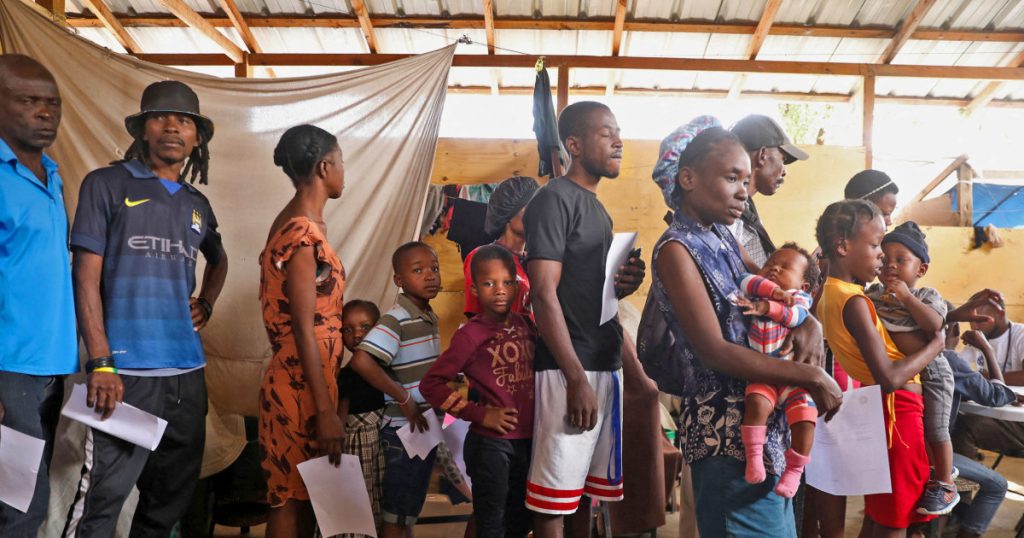The escalation of gang violence in Haiti’s capital, Port-au-Prince, has had a devastating impact on the city’s hospitals and healthcare facilities. St. Damien Pediatric Hospital, which serves children battling cancer and other chronic illnesses, has been directly assaulted by armed groups and targeted by violence. The hospital is located dangerously close to the U.S. Embassy, where armed groups have aimed their weapons at U.S. military personnel. The ongoing violence has made it difficult for hospitals to provide critical medical care to residents, exacerbating the already daunting task of caring for a population largely grappling with poverty. The closure of health facilities due to security concerns has resulted in only two functional surgical operating facilities in Port-au-Prince, creating significant challenges in providing medical care to the population, especially those wounded in the crossfire.
In recent weeks, armed groups have raided multiple health care institutions and pharmacies, leading to a shortage of medical supplies and equipment. Despite support from the World Health Organization and other international humanitarian agencies, many hospitals are facing strain and struggling to deliver aid to those in need. The closure of Port-au-Prince State Hospital has further exacerbated the challenges faced by medical centers in the city. UNICEF reported the looting of one of its containers at the main port in Port-au-Prince, which carried vital medical supplies for women and children, as well as items crucial for early childhood development and education. The seizure of more than 260 containers with humanitarian aid by armed groups at the port has severely impacted the delivery of essential goods to those who need them.
Hope For Haiti, a nonprofit organization providing aid throughout the country, operates a clinic in Les Cayes, about 125 miles southwest of Port-au-Prince. The worsening crisis in the capital has led to an influx of patients seeking healthcare services at the southern clinic. The group’s mobile clinics, which reach rural communities, have also faced challenges due to the scarcity of fuel, making it difficult for people to receive aid. Skyler Badenoch, CEO of Hope For Haiti, highlighted the impact of gangs controlling a significant portion of the country, including blocking off many ports and compromising the fuel supply. This has made it challenging for medical facilities like St. Damien Hospital to access the fuel needed to keep their generators running, impacting their ability to provide essential healthcare services to patients.
UNICEF aims to reach at least 650,000 children and women with primary health care services this year, emphasizing the need for flexible funding to protect vulnerable communities and build resilient systems for the future. The escalation of violence in Haiti has caused a shortage of medical supplies and forced the closure of health facilities, leaving the population, especially those wounded in the crossfire, in dire need of medical care. International humanitarian agencies are struggling to deliver aid in the midst of the crisis, with armed groups seizing humanitarian containers at the port and impeding the delivery of essential goods. The influx of patients seeking healthcare services at clinics outside the capital, such as Hope For Haiti’s southern clinic in Les Cayes, highlights the far-reaching impact of the violence on the country’s healthcare system. Addressing the security concerns and ensuring access to fuel and resources are crucial steps to ensuring that medical facilities can continue to provide care to those in need in Haiti’s current crisis.


